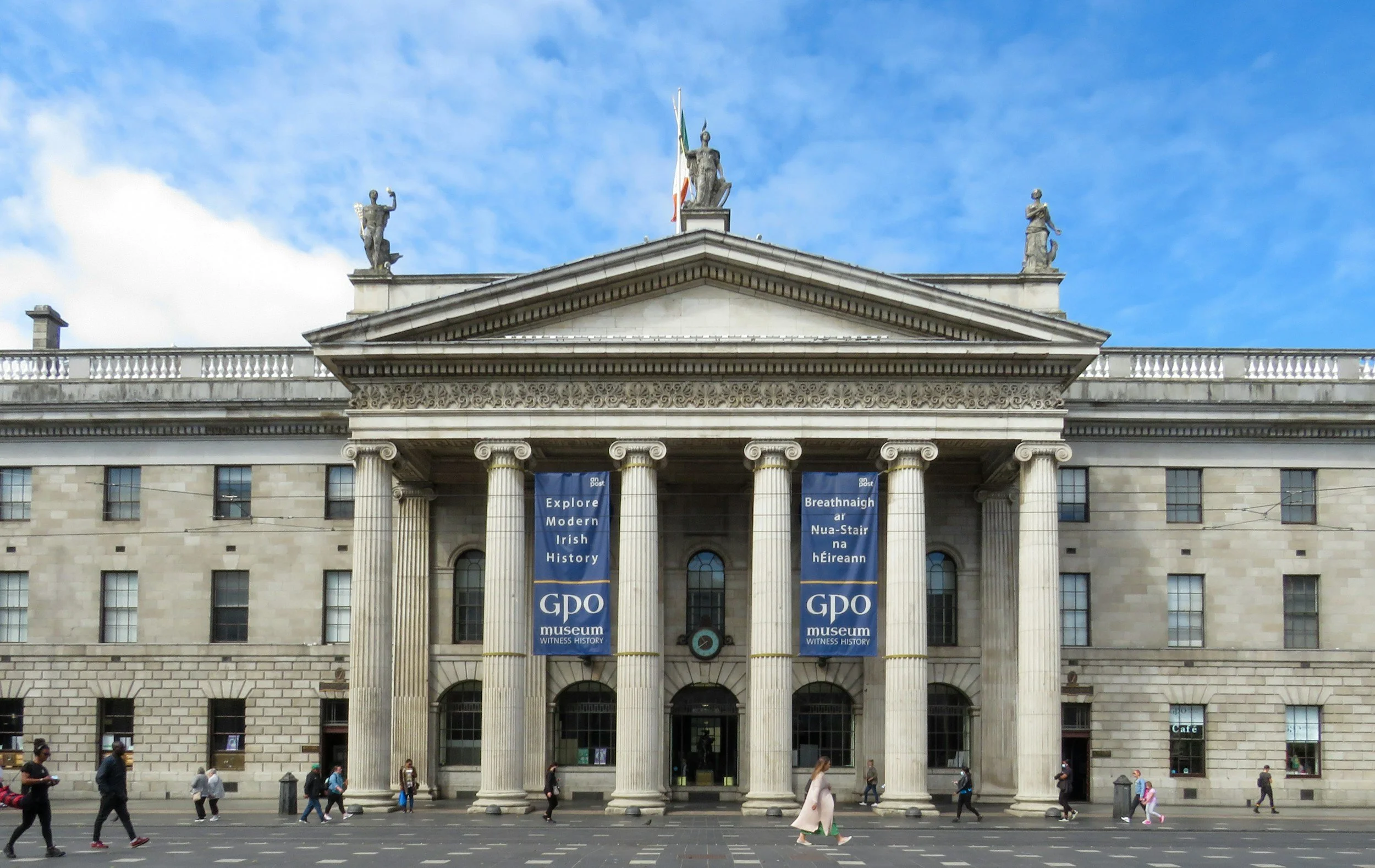The Congregation for the Doctrine of the Faith today released a document regarding same sex blessings.
The initial reaction has been jubilation from many quarters, such as the National Catholic Reporter and the mainstream media.
While NCR claimed that it was now ‘possible’ to bless such unions and couples, America Magazine ditched any ambiguity and wrote the following:
Others have seen it is a momentous shift away from tradition:
Some questioned the practicality of it:
Some claimed that the church could not bless same sex unions as a result:
Others said the complete opposite:
Most people however, are just tired of the confusion at this stage.
You can read the full document HERE and the passages concerning Same Sex Blessings below:
Blessings of Couples in Irregular Situations and of Couples of the Same Sex
31. Within the horizon outlined here appears the possibility of blessings for couples in irregular situations and for couples of the same sex, the form of which should not be fixed ritually by ecclesial authorities to avoid producing confusion with the blessing proper to the Sacrament of Marriage. In such cases, a blessing may be imparted that not only has an ascending value but also involves the invocation of a blessing that descends from God upon those who—recognizing themselves to be destitute and in need of his help—do not claim a legitimation of their own status, but who beg that all that is true, good, and humanly valid in their lives and their relationships be enriched, healed, and elevated by the presence of the Holy Spirit. These forms of blessing express a supplication that God may grant those aids that come from the impulses of his Spirit—what classical theology calls “actual grace”—so that human relationships may mature and grow in fidelity to the Gospel, that they may be freed from their imperfections and frailties, and that they may express themselves in the ever-increasing dimension of the divine love.
32. Indeed, the grace of God works in the lives of those who do not claim to be righteous but who acknowledge themselves humbly as sinners, like everyone else. This grace can orient everything according to the mysterious and unpredictable designs of God. Therefore, with its untiring wisdom and motherly care, the Church welcomes all who approach God with humble hearts, accompanying them with those spiritual aids that enable everyone to understand and realize God’s will fully in their existence.[22]
33. This is a blessing that, although not included in any liturgical rite,[23] unites intercessory prayer with the invocation of God’s help by those who humbly turn to him. God never turns away anyone who approaches him! Ultimately, a blessing offers people a means to increase their trust in God. The request for a blessing, thus, expresses and nurtures openness to the transcendence, mercy, and closeness to God in a thousand concrete circumstances of life, which is no small thing in the world in which we live. It is a seed of the Holy Spirit that must be nurtured, not hindered.
34. The Church’s liturgy itself invites us to adopt this trusting attitude, even in the midst of our sins, lack of merits, weaknesses, and confusions, as witnessed by this beautiful Collect from the Roman Missal: “Almighty ever-living God, who in the abundance of your kindness surpass the merits and the desires of those who entreat you, pour out your mercy upon us to pardon what conscience dreads and to give what prayer does not dare to ask” (Collect for the Twenty-Seventh Sunday of Ordinary Time). How often, through a pastor’s simple blessing, which does not claim to sanction or legitimize anything, can people experience the nearness of the Father, beyond all “merits” and “desires”?
35. Therefore, the pastoral sensibility of ordained ministers should also be formed to perform blessings spontaneously that are not found in the Book of Blessings.
36. In this sense, it is essential to grasp the Holy Father’s concern that these non-ritualized blessings never cease being simple gestures that provide an effective means of increasing trust in God on the part of the people who ask for them, careful that they should not become a liturgical or semi-liturgical act, similar to a sacrament. Indeed, such a ritualization would constitute a serious impoverishment because it would subject a gesture of great value in popular piety to excessive control, depriving ministers of freedom and spontaneity in their pastoral accompaniment of people’s lives.
37. In this regard, there come to mind the following words of the Holy Father, already quoted in part: “Decisions that may be part of pastoral prudence in certain circumstances should not necessarily become a norm. That is to say, it is not appropriate for a Diocese, a Bishops’ Conference, or any other ecclesial structure to constantly and officially establish procedures or rituals for all kinds of matters […]. Canon Law should not and cannot cover everything, nor should the Episcopal Conferences claim to do so with their various documents and protocols, since the life of the Church flows through many channels besides the normative ones.”[24] Thus Pope Francis recalled that “what is part of a practical discernment in particular circumstances cannot be elevated to the level of a rule” because this “would lead to an intolerable casuistry.”[25]
38. For this reason, one should neither provide for nor promote a ritual for the blessings of couples in an irregular situation. At the same time, one should not prevent or prohibit the Church’s closeness to people in every situation in which they might seek God’s help through a simple blessing. In a brief prayer preceding this spontaneous blessing, the ordained minister could ask that the individuals have peace, health, a spirit of patience, dialogue, and mutual assistance—but also God’s light and strength to be able to fulfill his will completely.
39. In any case, precisely to avoid any form of confusion or scandal, when the prayer of blessing is requested by a couple in an irregular situation, even though it is expressed outside the rites prescribed by the liturgical books, this blessing should never be imparted in concurrence with the ceremonies of a civil union, and not even in connection with them. Nor can it be performed with any clothing, gestures, or words that are proper to a wedding. The same applies when the blessing is requested by a same-sex couple.
40. Such a blessing may instead find its place in other contexts, such as a visit to a shrine, a meeting with a priest, a prayer recited in a group, or during a pilgrimage. Indeed, through these blessings that are given not through the ritual forms proper to the liturgy but as an expression of the Church’s maternal heart—similar to those that emanate from the core of popular piety—there is no intention to legitimize anything, but rather to open one’s life to God, to ask for his help to live better, and also to invoke the Holy Spirit so that the values of the Gospel may be lived with greater faithfulness.
41. What has been said in this Declaration regarding the blessings of same-sex couples is sufficient to guide the prudent and fatherly discernment of ordained ministers in this regard. Thus, beyond the guidance provided above, no further responses should be expected about possible ways to regulate details or practicalities regarding blessings of this type.[26]




